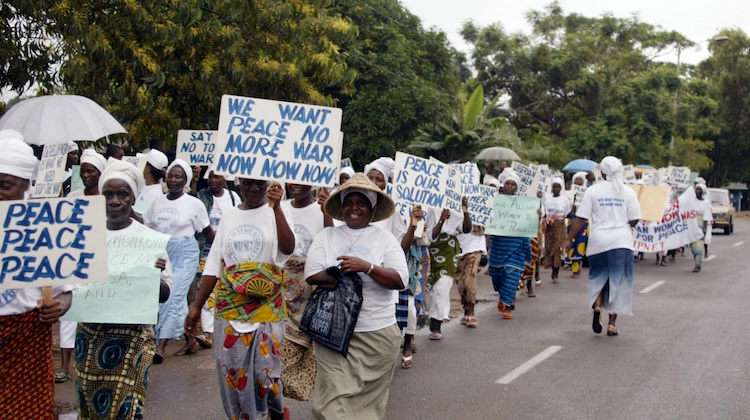By Lisa Vives, Global Information Network
NEW YORK | 25 June 2024 (IDN) — In the past two decades, impunity has reigned supreme in Liberia, with suspected wartime criminals engaged in political intimidation, threats of renewed violence and doling out the spoils of war.
Some have reinvented themselves as millionaires-cum-moguls, philanthropists, political kingmakers, ethno-nationalists or reformed evangelists, manipulating and distorting violent wartime memories for the purpose of evading accountability.
A case in point is a resolution to establish a Transitional Justice Commission (TJC), proposed by the Liberian Senate in 2021 but rejected by the House of Representatives, who perceived it as a bid to audit the work of the TRC and declare its reports and recommendations illegal.
Prosecuting alleged Liberian war criminals abroad through universal jurisdiction has also been challenging. A mere three convictions have been handed down in American and European courts with the most recent ruling in Switzerland sentencing a notorious rebel commander to 20 years in jail.
The lack of accountability and other hallmarks of “negative peace” have permeated Liberia and are often reflected in its politics. A recent incident involving supporters of President George Weah (no relation to author Aaron Weah) carting a casket in Monrovia with the photo of Joseph Boakai, the main opposition candidate, is a good illustration.
This provocative spectacle not only evoked wartime grief and political violence but also violated the tenets of the Farmington River Declaration on upholding peaceful polls signed by all presidential candidates.
The ruling party’s reluctance to condemn the casket display, despite public outrage, reflects Liberia’s political reality in which the specter of violence persists. A brutal confrontation between supporters of the two leading presidential candidates signals looming electoral aggression.
So how can the country achieve “positive peace” amid political hostilities at home and military coups in the region, asks Dounard Bondo of Al Jazeera news.
The first step is to build public trust among citizens, civil society actors, grassroots communities and political elites.
To deepen public trust, Liberians must also forge a new consensus on the relevance of the TRC’s final report and criminal accountability as an essential ingredient in attaining “positive peace”.
This consensus must emphasize the dangers of forgetting the wars and the history that preceded them, especially for Liberia’s post-2003 generation who comprise 70 percent of the population.
It is our hope that renewed trust will motivate Liberians to pursue accountability while taking measures to combat structural violence, says Bondo.
We see “positive peace” as both the duty to remember and the responsibility to guarantee justice for survivors and victims of the massacres at St Peter’s Lutheran Church and beyond. But there can be no “positive peace” in Liberia without justice. [IDN-InDepthNews]
Photo: Liberian women marching through the streets of Monrovia agitating for peace Source: Africa Renewal


